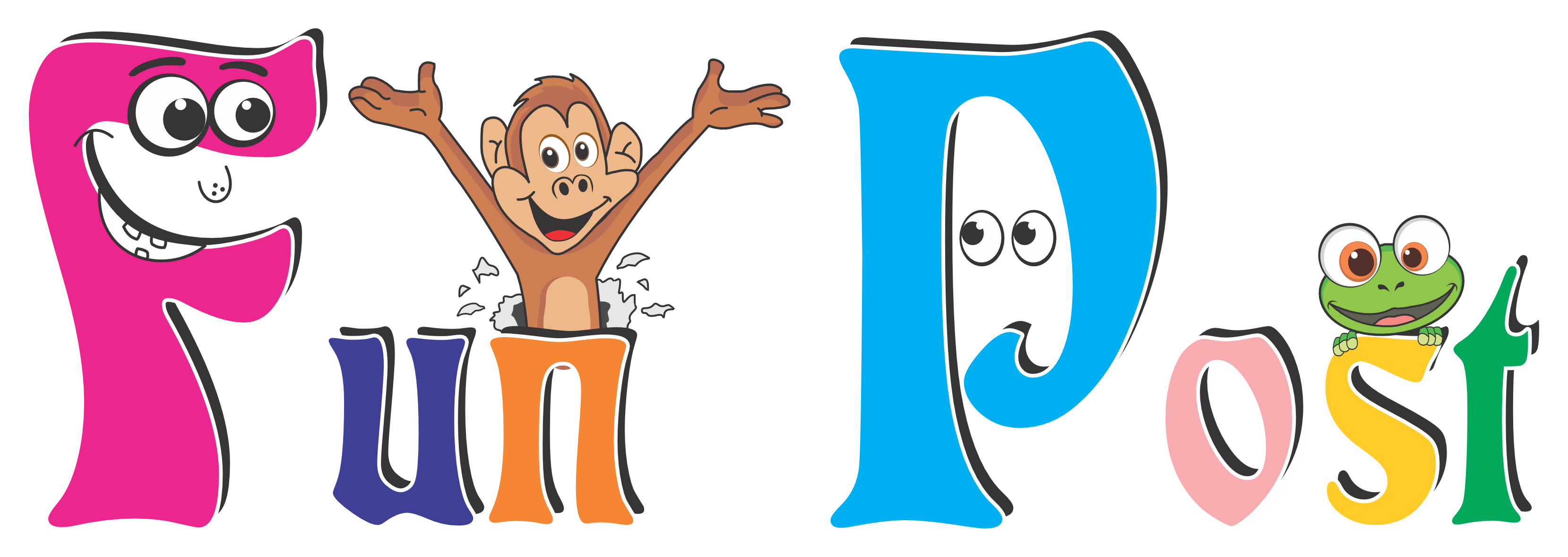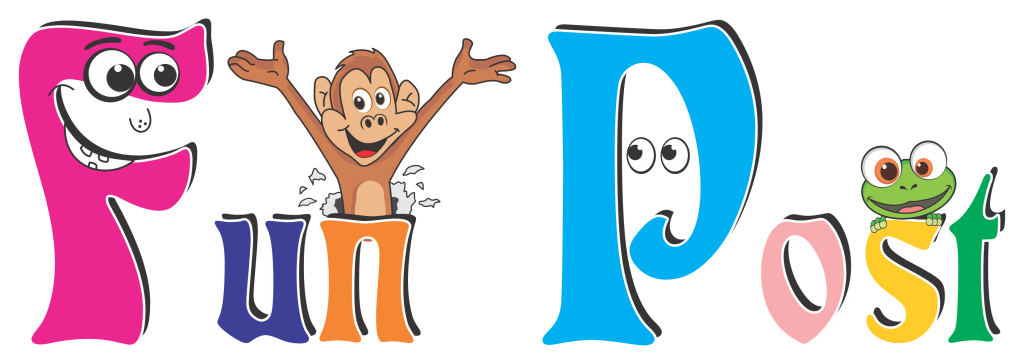CBSE’s New Rule: Teach Young Kids in Their Mother Tongue
Share

The Central Board of Secondary Education (CBSE) has introduced a significant change to support better learning for young children. From the academic year 2025-26, schools affiliated with CBSE are encouraged to teach students in their mother tongue or a familiar regional language from pre-primary up to Class 2. This move is part of the National Education Policy (NEP) 2020, which emphasizes learning in a language children understand best.

The aim is to make early education more meaningful and engaging by using the language spoken at home. Research shows that children learn faster and understand concepts better when taught in their native language. To prepare for this shift, CBSE has asked schools to map the languages spoken by students and submit the data by the end of the summer break.
This step highlights a child-friendly approach that values cultural diversity and linguistic identity. It is expected to reduce learning gaps and boost students’ confidence in the classroom. By starting with a language children are comfortable with, the education system hopes to lay a stronger foundation for future learning, making school a more inclusive and enjoyable experience for all.










